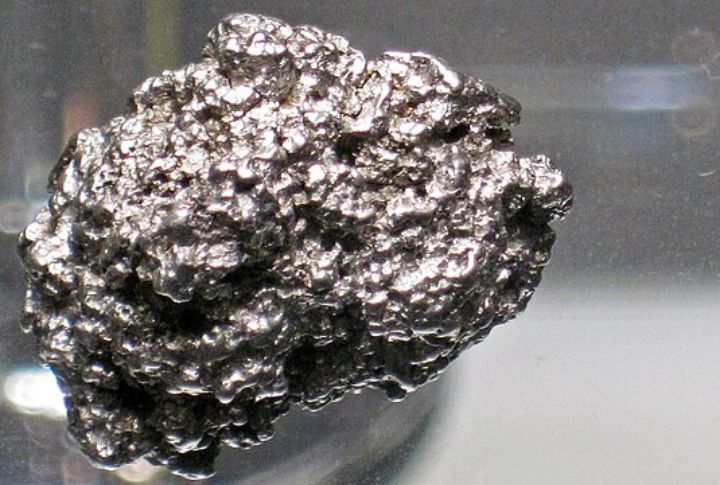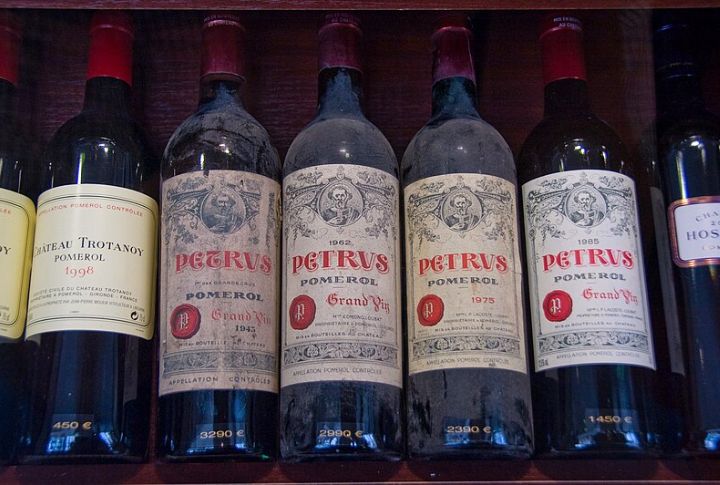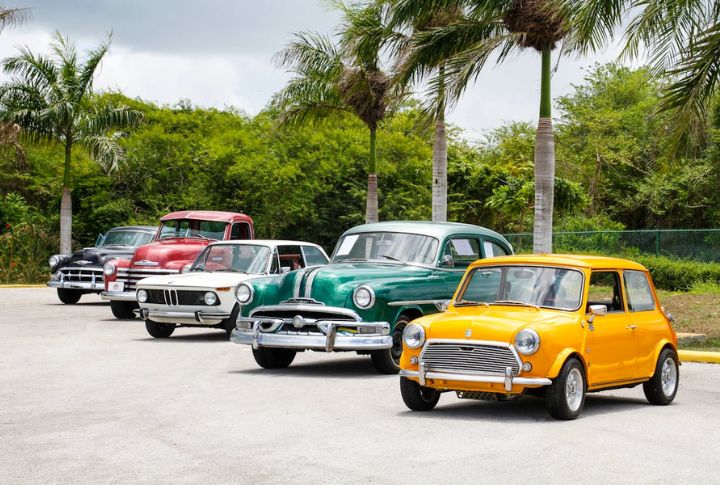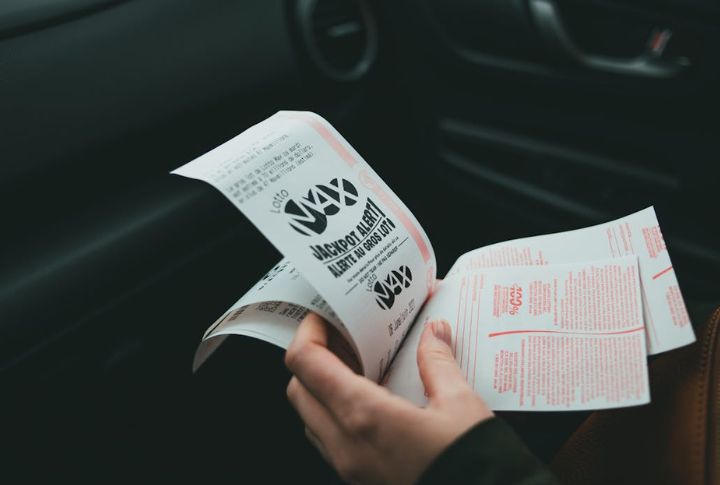
Most people think being rich means buying more, but it’s often about buying less and buying smarter. The wealthy have clear rules about what’s worth their money and what’s not, and those choices say a lot. If you’ve ever wondered how spending shapes success, this is the insight you didn’t know you needed. Let’s start with five things that rich people stock up on.
Rare Precious Metals

Forget high-risk stocks; the ultra-rich prefer tangible security. Platinum and gold are cornerstone assets and act as a deep cushion against market swings and inflation. Rare metals stored in secure vaults are viewed as generational wealth buffers and ensure true purchasing power remains intact for decades to come.
Vintage Wine And Spirits

Inside prestigious cellars, certain fine wines and spirits appreciate faster than most equities. Acquired through exclusive auctions, liquid treasures serve as sophisticated portfolio diversifiers. It is a long-term strategy where connoisseurship merges with investment, turning passion into a highly valued, tradable asset.
Luxury Real Estate

The value-focused people invest their capital into multi-million dollar homes, not just for comfort, but for defense. Beyond lavish features, these properties generate substantial passive income and serve as highly secure havens. Buying homes and mansions, sometimes in remote locations, is a non-negotiable step in wealth preservation and growth.
High-End Survival Supplies

Preparedness is treated as a strategic portfolio anchor. High-end equipment, which includes advanced generators and private bunkers, forms the physical base. The rich essentially invest in specialized training, cultivate exclusive survival networks, and ensure readiness for unpredictable economic or social crises.
Rare Collectibles

When thinking about heritage, elite families deliberately assemble collections of vintage items, such as cars, historical artifacts, and artworks. These items are more than just appreciating assets; they are vehicles for transferring heritage and value. Secured and preserved, they become cherished heirlooms for future generations, bypassing typical market volatility.
Next comes five things wealthy people consistently skip, and if you’re serious about smarter spending, you should too.
Lottery Tickets

Serious investors dismiss the lottery; the astronomical odds provide no practical path to wealth creation. They see it as a voluntary tax on hope, far preferring reliable, measurable returns over speculative gambles. The rich understand that consistent, calculated investment strategies are the only sustainable foundation for lasting fortune, completely skipping the ticket line.
Trendy Fast Fashion

The cycle of cheap, overexposed clothing is universally bypassed. Affluent consumers now view fast fashion as environmentally reckless and tiresome. Their focus is on acquiring fewer, high-quality, timeless pieces built to last, valuing ethical sourcing and durability over momentary trends and textile waste.
Extended Warranties

A skeptical eye is cast upon extended warranties, recognizing them as an unnecessary fee. Most product issues occur during the initial coverage period or long after the extended window closes. The rich understand these add-ons primarily exist to pad retailer profits, making avoidance a simple, automatic cost-saving decision on every purchase.
Timeshares

Experienced investors recognize the complex trap hidden within a timeshare pitch. Rapidly mounting maintenance fees and almost zero resale value make them disastrous investments. They simply will not lock up capital in a property that offers inflexible usage and massive difficulty of escape, and opt instead for full property control.
Low-Yield Savings Accounts

Inflation makes traditional savings accounts an automatic loss for the rich. With rates often lagging far behind, this is passive money losing value daily. They avoid leaving capital dormant, aggressively channeling funds into stocks, bonds, and high-performing real estate to ensure their fortune is actively compounding and outpacing economic decay.
